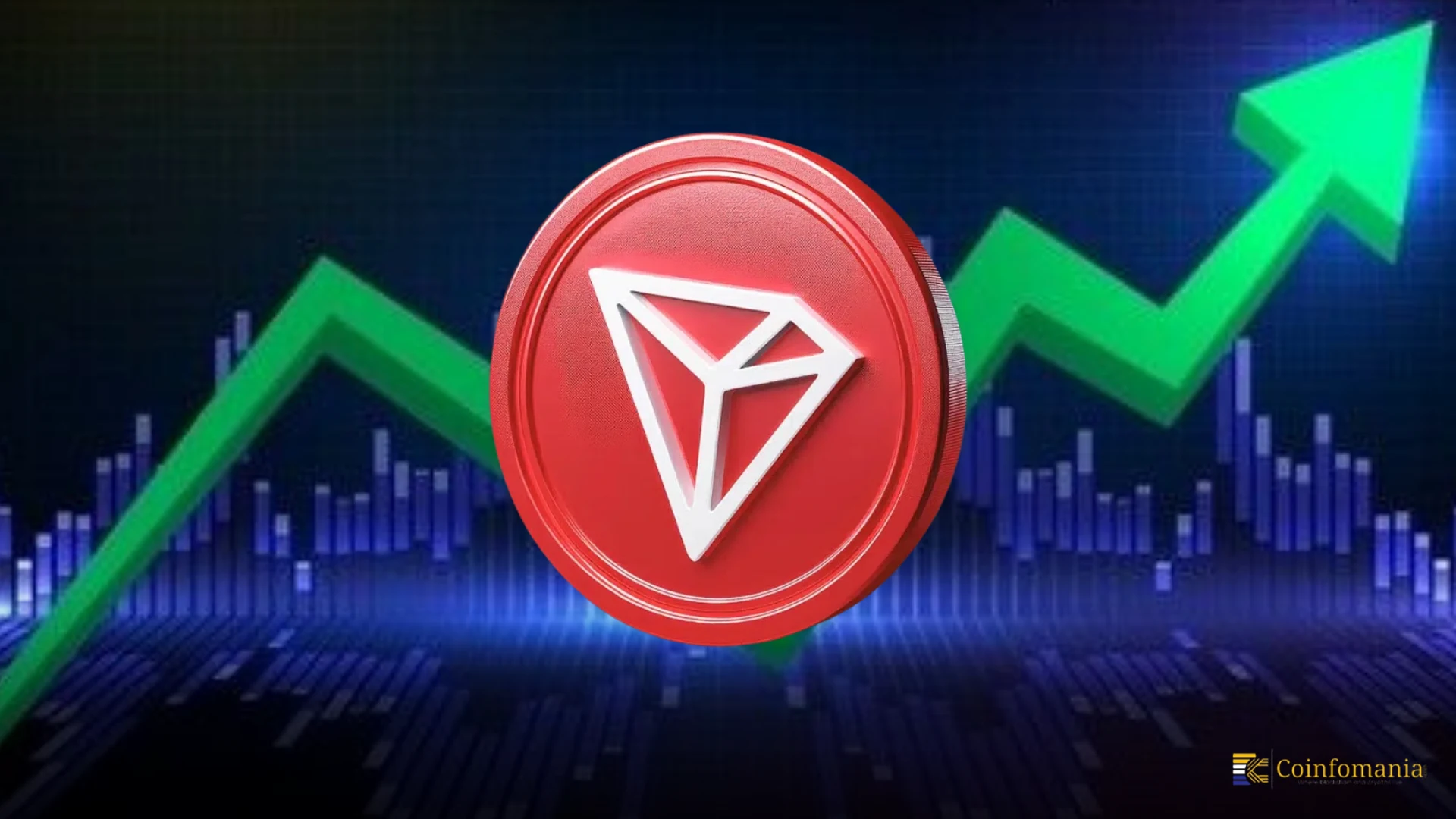TRON Reaches 99.7% Block Production Efficiency While Replacing Most Super Representatives
0
0

Recent CryptoQuant data shows that the Tron Network achieved 99.7% block production efficiency. The data also shows that 68% of TRON Super Representatives have also been replaced since 2020. These updates mark a critical shift in network governance and performance. The changes support better decentralization, stability, and system responsiveness. Such operational consistency suggests Tron quietly refines its infrastructure and validator framework. While it may avoid headlines, Tron steadily improves behind the scenes. This progress underscores the network’s commitment to long-term strength and reliability. It reflects deeper shifts toward efficiency and community-driven decisions.
Validators in the TRON ecosystem are known as Super Representatives. They gain their roles through a Delegated Proof-of-Stake voting system. Any Tron account holder can apply by depositing 9,999 TRX. The top twenty-seven accounts with the most votes earn an election. These representatives run validator software and process network transactions. They also participate in governance decisions. The system allows broader community involvement through voting power. This selection method helps uphold transparency and accountability in the chain. It strengthens security and network trust.
Economic Incentives for Passive Tron Participants
Beyond the main twenty-seven, the Tron Network includes SR partners ranked twenty-eighth through one hundred twenty-seventh. These partners do not produce blocks. However, they share in voting rewards. Their presence promotes wider network inclusivity. Users and organizations can support these partners through votes. SR partners earn incentives based on vote share. This tiered model welcomes technical and passive participants. It fosters economic benefits without requiring full node operation. Voters receive proportional rewards after commissions are deducted.
Voting Rewards and Participation in the Tron Ecosystem
Voting in the Tron blockchain requires staking TRX tokens. Each staked TRX yields one TRON Power point. Votes refresh every six hours, and only the latest count per account matters. Unstaking TRX removes TRON Power and cancels active votes. This design encourages active participation over passive holding. It ensures that TRON Super Representatives elections reflect current community views. Reward calculations adjust with each six-hour cycle. This approach discourages stagnant control by a few holders. Stakeholders can easily change their votes to support different candidates. Real-time voting dynamics keep governance responsive and meaningful.
Tron block production and voting bring two reward types. When an SR produces a block, it earns sixteen TRX. An additional one hundred sixty TRX is reserved for voting rewards each cycle. These voting rewards are split among all SRs and SR partners proportional to the vote share. After SR commissions, voters receive their share. This structure motivates validators and community contributors alike. Consistent incentives strengthen network security and participation. Rewards drive long-term engagement in the Tron ecosystem.
TRON Super Representatives’ Role in Decentralized Governance
A brokerage ratio adds another governance layer to the Tron blockchain. SRs and SR partners charge a commission on rewards before sharing. The default brokerage rate stands at twenty percent. Voters can view and modify this rate via specific interfaces. This feature lets voters choose representatives based on performance and commission levels. Flexibility in brokerage fosters healthy competition and transparency. It makes the network more appealing to both technical contributors and everyday stakeholders. It ensures fair reward sharing across the community.
New Super Representative Signals Confidence in TRON
Recently, P2P.org became one of the TRON Super Representatives. P2P.org operates validation infrastructure across more than forty blockchains. Its election signals deeper institutional involvement in Tron block production. As an SR, it helps govern network security and process transactions. This move may simplify institutional access to Tron staking solutions. P2P.org’s expertise could boost network reliability and performance. Overall, these internal upgrades point to a more mature and adaptable ecosystem. It demonstrates Tron’s steady evolution amid fierce competition. Such developments help maintain user trust and network resilience.
The post TRON Reaches 99.7% Block Production Efficiency While Replacing Most Super Representatives appeared first on Coinfomania.
0
0
 Manage all your crypto, NFT and DeFi from one place
Manage all your crypto, NFT and DeFi from one placeSecurely connect the portfolio you’re using to start.





